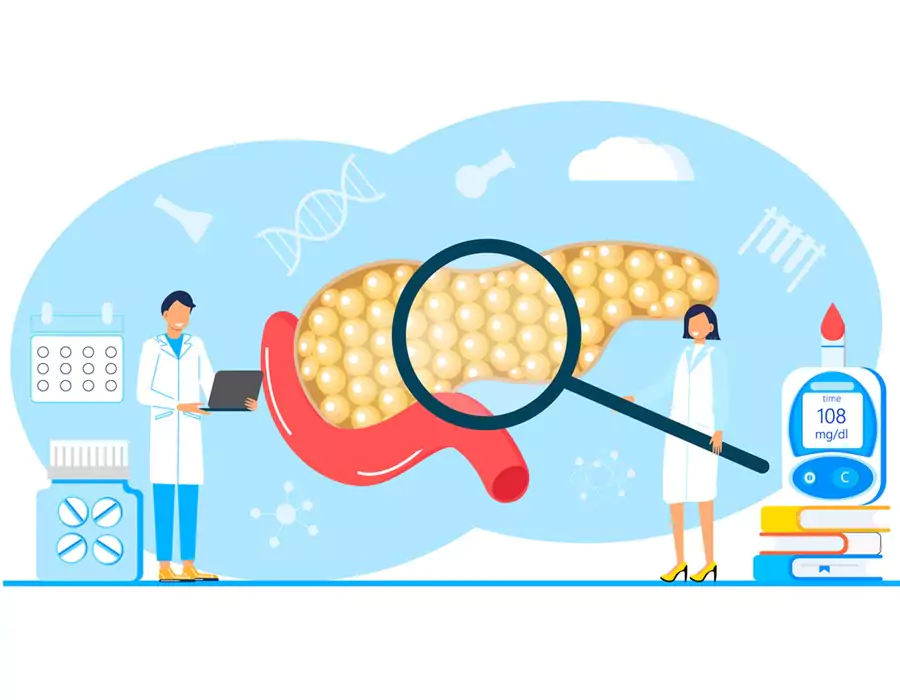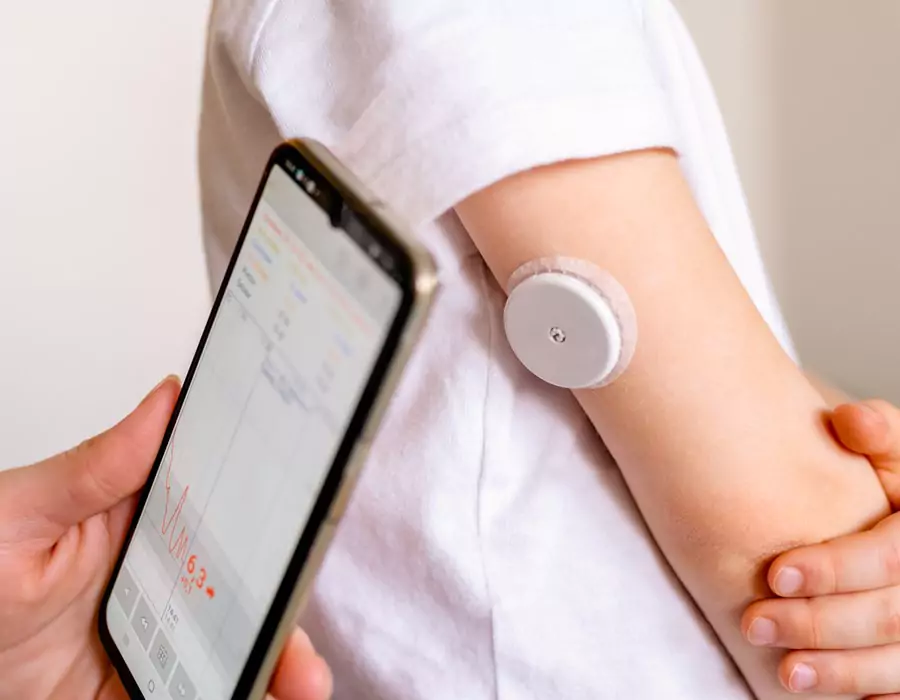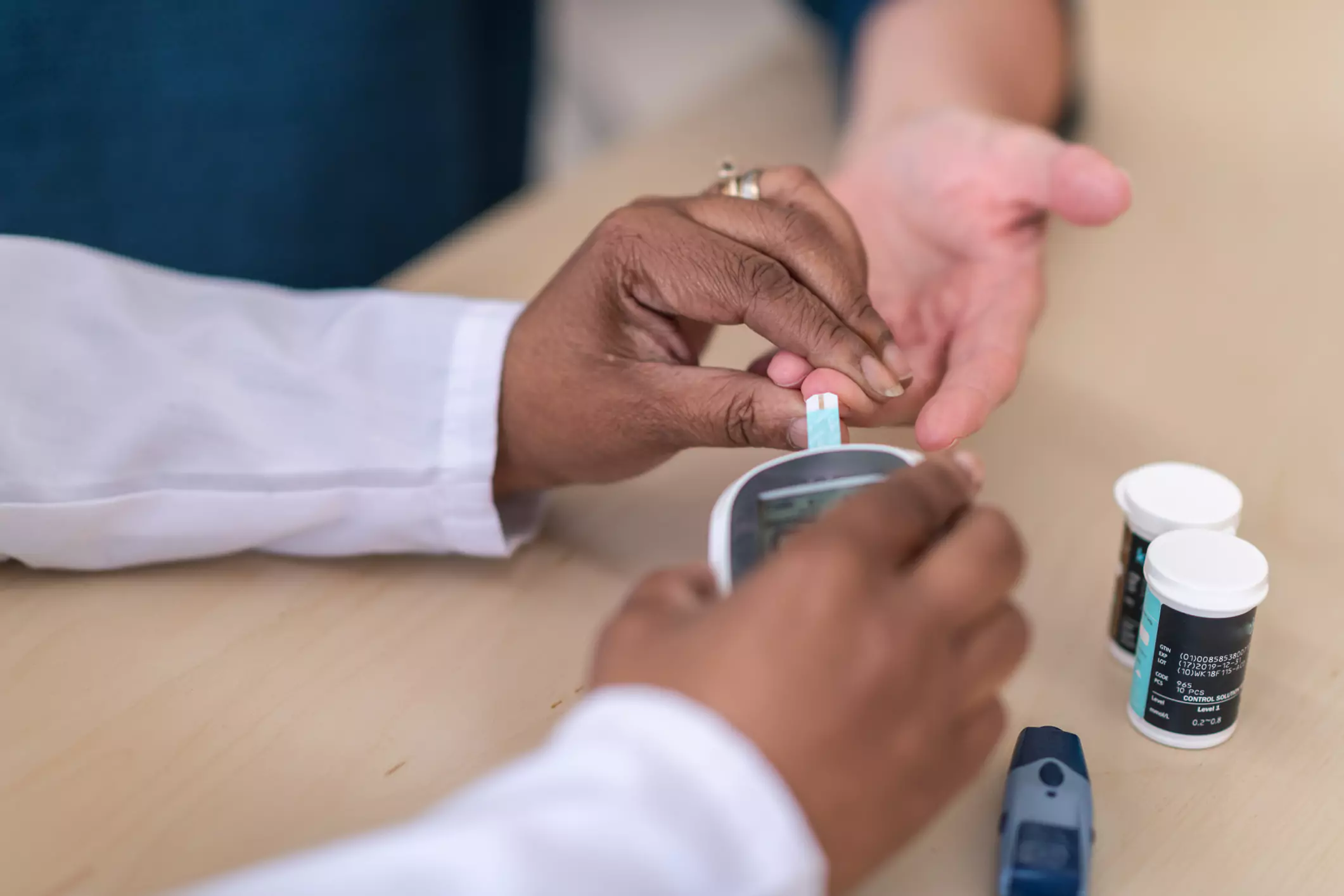
UP TO 40% OFF SITEWIDE






Diabetic Kidney Disease Explained by Diabetes Doctor!


Table of Contents
- DIABETES-RELATED KIDNEY DISEASE
- Stages of kidney disease
- What do your kidneys do and what happens when they fail?
- How the damage to kidneys happens with diabetes
- What are other names for diabetic kidney disease?
- Are you at risk for early kidney failure?
- How can I tell if I have diabetic kidney diseases like what are the symptoms and all?
- How to manage, prevent and treat diabetic kidney disease?
- Control blood sugars
- Blood pressure control
- Obesity and diabetic kidney disease
- Cholesterol and diabetic kidney disease
- How to and how often to monitor diabetic kidney disease?
- How soon will I go to dialysis when I have chronic kidney disease?
DIABETES-RELATED KIDNEY DISEASE
Hello everyone, Today we are crashing on kidney disease also known as diabetic nephropathy due to diabetes. We will talk about what kidney disease is, how and why it happens, symptoms of diabetic kidney disease, stages of kidney disease, risk factors, and how to prevent end up with dialysis including dietary measures at the end.
It is not a very short article but it is not exhausting either. So if you really want to get to the bottom of this issue you better stick around until the end of this video and you will be a pro in understanding diabetic kidney disease. Let's get started.
As you may know, diabetes is the leading cause of kidney disease, at least in the USA. About one-third of patients with diabetes currently have kidney disease whether they know it or not. More commonly my relatively new patients have little to no idea until I tell them that they have kidney disease.
They get upset because they did not hear that from their GP before and I am the bad guy breaking news. The unawareness is so common among people that even with stage 4 kidney disease; less than 60 percent of these individuals are aware of their disease.
I want my patients to know everything about what is going on. Anyhow, diabetic nephropathy affects your kidneys' ability to do their usual work of removing waste products and extra fluid from your body. As a result, you start feeling sluggish, tired, and “swollen”.
The best way to prevent or delay diabetic nephropathy is by maintaining a blood sugar as close to normal as possible and treating your cholesterol, obesity, and high blood pressure. Easier said than done right. We will talk more about that later.
Over many years, diabetes slowly damages your kidneys. Acting early may prevent or slow the disease's progress and reduce the chance of ending up with dialysis. When your kidney disease progresses to total kidney failure, we call that end-stage kidney disease.
At that point, the patients with diabetic kidney disease will need dialysis. The whole purpose of this video is that hopefully, that will not happen to you after understanding the disease and taking the appropriate actions.
More than 50,000 people with end-stage kidney disease from diabetes are on dialysis in the US. So, DO NOT wait for your doctor to do something. Like I said half the time your doctor may not even tell you that you have kidney disease until you have stage 4 kidney disease.
Stages of kidney disease
Most of the time doctors will detect protein in the urine as the first sign of chronic kidney disease. At that stage, your GFR which is glomerular filtration rate will possibly be normal or even higher than expected. So do not assume your kidneys are completely normal because your GFR is not highlighted in red on your report.
When your albumin in the urine is between 30 to 300 mg/gram you have microalbuminuria. If the number goes above 300 mg/g, we call that macroalbuminuria. Should this happen, the worsening of chronic kidney disease becomes faster.
Normal kidney function (GFR) is considered to be above 90. When GFR goes between 60-90, this is called stage II kidney disease. GFR between 30 and 60 is stage III kidney disease. When GFR between 15-30 is stage IV kidney disease. GFR below 15 is stage V kidney disease.
Most patients with GFR below 15 will need dialysis. Stage 5 and lower GFR is a life-threatening condition. At this stage, your treatment options are dialysis or a kidney transplant.
What do your kidneys do and what happens when they fail?
The main job of the kidneys is to filter wastes and extra water out of your blood to make urine. Your kidneys also help control blood pressure and make hormones such as aldosterone, adrenaline and renin to help regulate blood blood pressure.
When your kidneys are damaged, they can’t filter blood like they should, which can cause wastes to build up in your body. These toxic substances that accumulate in your body can also cause other health problems such as heart failure or cardiovascular disease, heart attacks or stroke god forbid.
How the damage to kidneys happens with diabetes
High blood sugars in your bloodstream cause your blood cells to become sticky. They tend to stick to one another and along the sides of the blood vessels. The blood vessels become inflamed, which attracts inflammation chemicals to the area.
This makes the inflammation even worse. Remember how I said insulin resistance was also a major culprit in causing this problem? It is because of fatty acids. This means you start having these blood vessel changes even before you have true diabetes.
When fatty acids and glucose attach endothelial walls on your kidney arterioles which are the small arteries within the kidneys, they become larger, and blood flow increases to the kidney filtering system. This lasts only a short while before the kidneys begin to burn out. This is when you start having chronic kidney disease.
Because healthy cells in the kidney die-off in early diabetic kidney disease, the blood flow starts to drop. We measure the blood flow through the kidneys using the GFR or glomerular filtration rate. You can find your GFR on your lab tests where the kidney testing (creatinine and BUN) are located.
There will often be two values listed, one for African Americans and one for all others. Find the one that fits for you and look it up on the image to find your stage. Another important thing that happens in the diabetic kidney is that glucose absorption increases.
It means that even if glucose is filtered in the urine, it gets absorbed easily back into your bloodstream. This causes the blood sugar to remain high and at this point kidneys' ability to excrete excess sugar is gone!
What are other names for diabetic kidney disease?
Diabetic kidney disease is also called DKD, chronic kidney disease, CKD, kidney disease of diabetes, or diabetic nephropathy.
Are you at risk for early kidney failure?
- Increasing age is definitely a risk factor. The longer you have diabetes and other risk factors the more chances are there to develop diabetic kidney disease.
- Raise/ethnicity can be a risk factor if you are an African-American, Latino or American Indian.
- Interestingly chronic kidney disease due to diabetes is more common in women than men.
- Diabetic kidney disease is also more common in people with a low socioeconomic status. People with low socioeconomic status tend to see doctors less often. Unfortunately, they also tend to be less educated to prevent kidney disease.
- Obesity has been listed as an independent risk factor even without diabetes. So, diabetic patients who are overweight are definitely adding more risk for diabetic kidney disease.
- Just like obesity, smoking can also be a huge risk factor independent of diabetes. When combined with diabetes smoking can be very detrimental to kidney function.
- If you have diabetes and your blood sugars remain high for years and years that will definitely put a huge toll on your kidneys.
- High blood pressure is also important in the progression of kidney disease. DO NOT Ignore your blood pressure control. The best blood pressure levels for kidneys are below 130/80
- As in many diseases, genetic factors also contribute to the development of kidney disease due to diabetes. So if your family members developed kidney failure due to diabetes be very careful.
- Acute kidney injury on top of chronic kidney disease is also more likely in patients with diabetes. They are more likely to be dehydrated. Dehydration can definitely trigger an acute on chronic kidney disease. If you are on diabetic drugs such as Jardiance, Farxiga, Trulicity etc be careful about not getting dehydrated.
How can I tell if I have diabetic kidney diseases like what are the symptoms and all?
Most people with diabetic kidney disease do not have symptoms unless you are in acute kidney failure when you will have very little to no urination but chronic kidney disease does not give symptoms until the late stages. The only way to know if you have diabetic kidney disease is to get your kidneys checked. In my clinic, I always monitor kidney function regularly along with HbA1c values and cholesterol etc.
How to manage, prevent and treat diabetic kidney disease?
Control blood sugars
When it comes to controlling blood sugars as an endocrinologist I always aim for as low as reasonably achievable blood sugars. That means that we strive to keep blood sugar as close to normal as possible without causing significant low blood sugars (hypoglycemia). Keeping A1c less than 7 and if possible less than 6.5 is the ultimate goal for most younger patients.
For patients 80-year-old or above or for patients who have too many problems making it difficult to prevent a low blood sugar our A1c goal is sometimes higher. Remember continuous glucose monitoring system such as Dexcom and freestyle libre are extremely helpful to help prevent low blood sugars as well as high blood sugars.
Blood pressure control
Intensive blood pressure control is extremely important in addition to blood sugar control in diabetes. Remember the magic number 130/80? Keep it at that or lower. Blood pressure control not only reduces kidney disease progression but it also reduces to death from cardiovascular causes such as strokes and heart attacks.
You should also know that chronic kidney disease itself is a risk factor for heart attacks and strokes. Also, remember most patients die from heart attacks and strokes even before they end up with dialysis due to chronic kidney disease. The most common agents we use for blood pressure control in patients with diabetes are called ACE inhibitors are angiotensin receptor blockers.
Obesity and diabetic kidney disease
Controlling obesity is another important factor. Obesity alone is a huge risk factor as we discussed previously.
Cholesterol and diabetic kidney disease
Reducing cholesterol levels especially LDL is extremely important. Most people resist the idea of cholesterol medications based on what they hear or see on the Internet or TV. Please read to from reliable resources and watch people with credible credentials. I have not yet met a credible endocrinologist or cardiologist who claims that high LDL is ok, nor read a credible study showing high LDL is ok either.
Here is a diet question! Do I need to reduce protein in my diet when I have diabetic kidney disease? The role of protein restriction is unclear. But I would avoid excessive protein and try to stick to 50 to 60 g of protein daily which is the common recommendation by most nephrologists and organizations.
How to and how often to monitor diabetic kidney disease?
Patients with chronic diabetic kidney disease due to diabetes should be seen by their doctors for blood work every 3 to 6 months. Diabetes specialists/endocrinologists will also review blood pressure control and review the medications. In our diabetes care center, we target A1c, blood pressure, cholesterol control altogether. This approach is the most effective approach to reduce chronic kidney disease.
How soon will I go to dialysis when I have chronic kidney disease?
Not all individuals have progressive loss of kidney function or diabetic kidney disease. Some studies show a high rate of progression, while others report a relatively stable disease. That depends on the degree of chronic kidney disease.
It also depends on the risk factors as we discussed. Patients who have good glucose control, as well as good blood pressure and cholesterol control, are lucky. And, if they are on the right medications to prevent kidney disease the chances of progressing to dialysis are much lower. Ahmet B. Ergin, MD, FACE, CDCES, ECNU Endocrinologist & Diabetes Specialist
Written By Dr. Ahmet Ergin
466 total articles
Meet Dr. Ahmet Ergin, a highly skilled and dedicated endocrinologist with a passion for diabetes care. Dr. Ergin earned his medical degree with honors from Marmara University in Istanbul. He completed internal medicine residency and endocrinology fellowship at Cleveland Clinic. Dr. Ergin is board-certified in Internal Medicine, Endocrinology, Diabetes, and Metabolism due to his vast medical expertise. He's a certified diabetes educator, author of “The Ultimate Diabetes Book,” and founder of “the SugarMD YouTube channel.” Dr. Ergin offers exceptional diabetes care to his patients in Port Saint Lucie, FL, helping them manage effectively. For a closer look into his insights and experiences, connect with Dr. Ahmet Ergin on LinkedIn, Instagram, and YouTube.”
Disclaimer: These statements have not been evaluated by the Food and Drug Administration. Information on this website isn't intended to treat, cure or prevent any disease. Discuss with your doctor and do not self-treat.
Products















